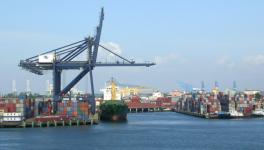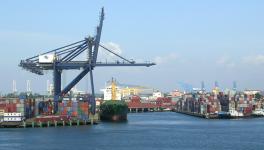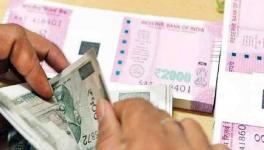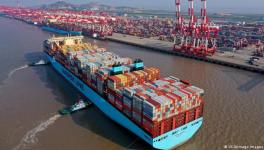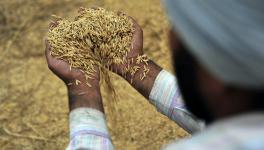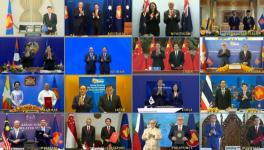India’s Dairy Sector Raises Concerns Over the Implications of RCEP
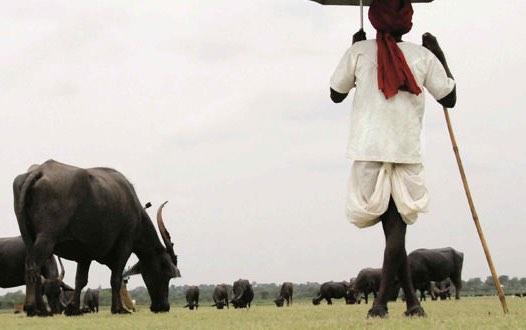
The Ministry of Fisheries, Animal Husbandry and Dairy, has raised concerns over the ongoing Regional Comprehensive Economic Partnership (RCEP) negotiations, joining the list of other ministries which opposed RCEP including agriculture, steel, chemicals, and MSME (micro, small, and medium enterprises).
RCEP includes all 10 of the ASEAN countries, as well as Japan, South Korea, Australia, New Zealand, India and China. As per several news reports, if the proposed RCEP comes into implementation, India will have to accept immediate elimination of import duties on more than one-fourth of traded items.
So far, all these countries except India have been pushing for the implementation of the trade pact, While India is mulling for arrangements with the countries based on reservations from several sectors worried over the implications of the trade agreement.
Also Read: Dairy Industry in Western Maharashtra Reels Under Flood Shock, Seeks Govt Help
Currently, Commerce Minister Piyush Goyal is participating in the seventh RCEP meeting being held in Bangkok, Thailand. Reportedly, the dairy ministry has requested Goyal not to go ahead with the negotiations in their present form as it felt that the RCEP will be detrimental to the country’s dairy sector.
The development was preceded by a statement by R S Sodhi, Managing Director of Amul, India’s largest dairy brand, who opposed the deal. He said India’s dairy sector should be kept out of the negotiations, while pointing out the threat to India’s dairy sector with the opening up of dairy market to New Zealand. He added that if even 5% of New Zealand’s dairy exports finds their way into India with the trade agreement, that would amount to $270 million which is nearly 10 times India’s current imports at $28 million.
Meanwhile, External Affairs Minister Subrahmanyam Jaishankar criticised China for its “protectionist policies”, casting doubt over the ongoing negotiations of the trade agreement.
“The big concerns of India are of course, one, its relationship with China because we have an enormous trade deficit with China,” he said during a panel discussion in Singapore on Monday.
Also Read: Keep Agriculture and Dairy out of RCEP, Demand Farmer Unions
India’s trade deficit with China was US$ 53.6 billion as of March 2019. According to the Forum Against Free Trade Agreements, India runs a massive trade deficit of $112 billion (2018-19) with 11 of the 16 countries in RCEP.
Experts, trade unions and industry bodies have warned about impending job losses in sectors such as dairy, steel, aluminium, electronics, pharmaceuticals, textiles, automobiles and auto parts if India accepts RCEP provisions.
Get the latest reports & analysis with people's perspective on Protests, movements & deep analytical videos, discussions of the current affairs in your Telegram app. Subscribe to NewsClick's Telegram channel & get Real-Time updates on stories, as they get published on our website.










